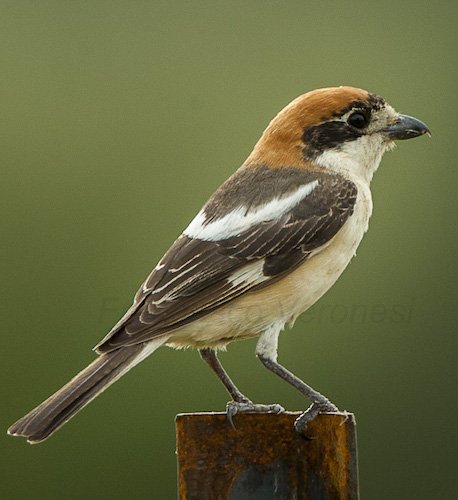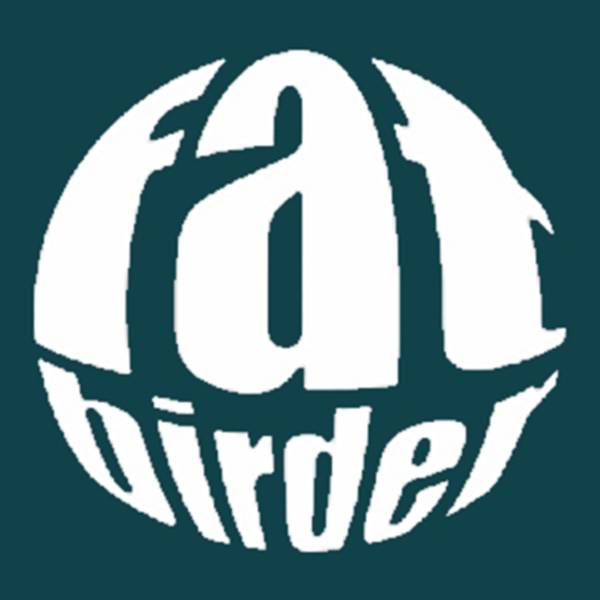Saarland

Birding Saarland
Saarland is one of the 16 federal states of Germany. The capital is Saarbrücken. It has an area of 2570 km² and 1,045,000 inhabitants. In both area and population it is the smallest of the German Flächenländer ‘area states’, i.e., those that are not City States (Berlin, Bremen and Hamburg). Its location between French and German powers has given Saarland a unique history.
The state borders France (département of the Moselle) in the south and west, Luxembourg in the west and Rheinland-Pfalz in the north and the east. It is named after the Saar River, which is, in fact a tributary of the Moselle River (itself a Rhine tributary) and runs through the state from the south to the northwest. One third of the land area of the Saarland is covered by forest, one of highest percentages in Germany. The state is generally hilly, the highest mountain is the Dollberg with a height of 695.4m (about 2,280 feet). Most inhabitants live in a city agglomeration on the French border, surrounding the capital of Saarbrücken.
-
Number of bird species: 214
(As at March 2019)State Bird - Woodchat Shrike Lanius senator
-
Saarland - OBS
Observatory WebsiteSatellite ViewThe OBS, founded in 1963, is an association of birdwatchers in the Saarland and neighbour states. The OBS studies the avifauna of the smallest German state Saarland
-
BR Bliesgau
InformationSatellite ViewSituated in the south-eastern corner of the Saarland on the border with France, the UNESCO Bliesgau Biosphere Reserve is known as the 'Tuscany of the Saarland' because of its gently rolling hills. There are many highlights waiting to be discovered in this area of outstanding natural beauty. -
NP Saar-Hunsrück
InformationSatellite ViewIt covers an area of just under 2,000 km² in the German states of Rhineland-Palatinate and the Saarland. -
NR Bostalsee
InformationSatellite ViewThe southwestern part of the lake has been designated as a nature reserve.
